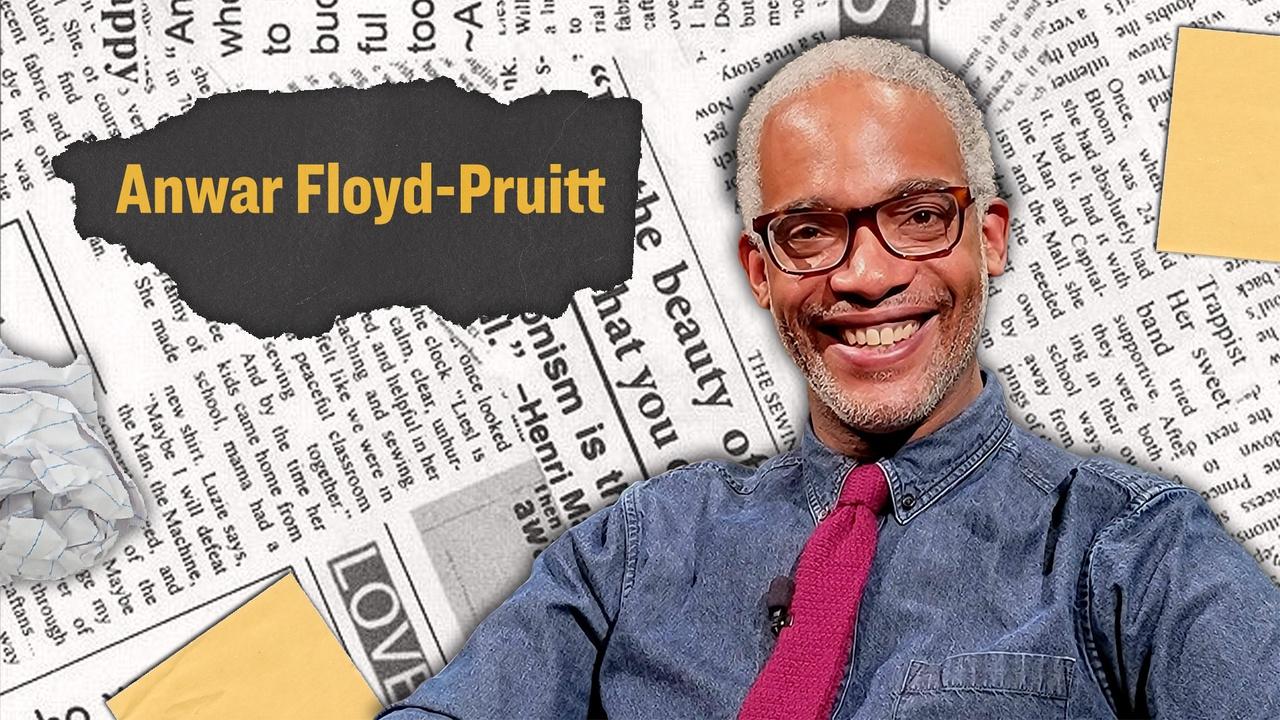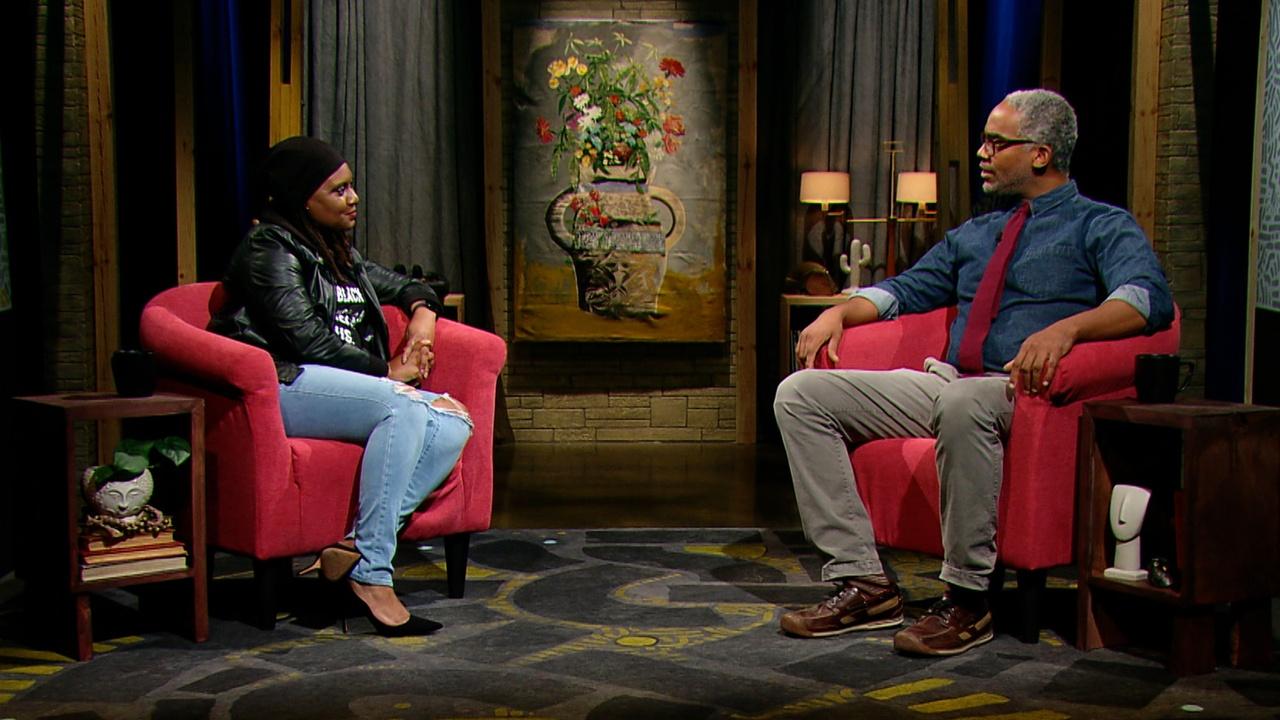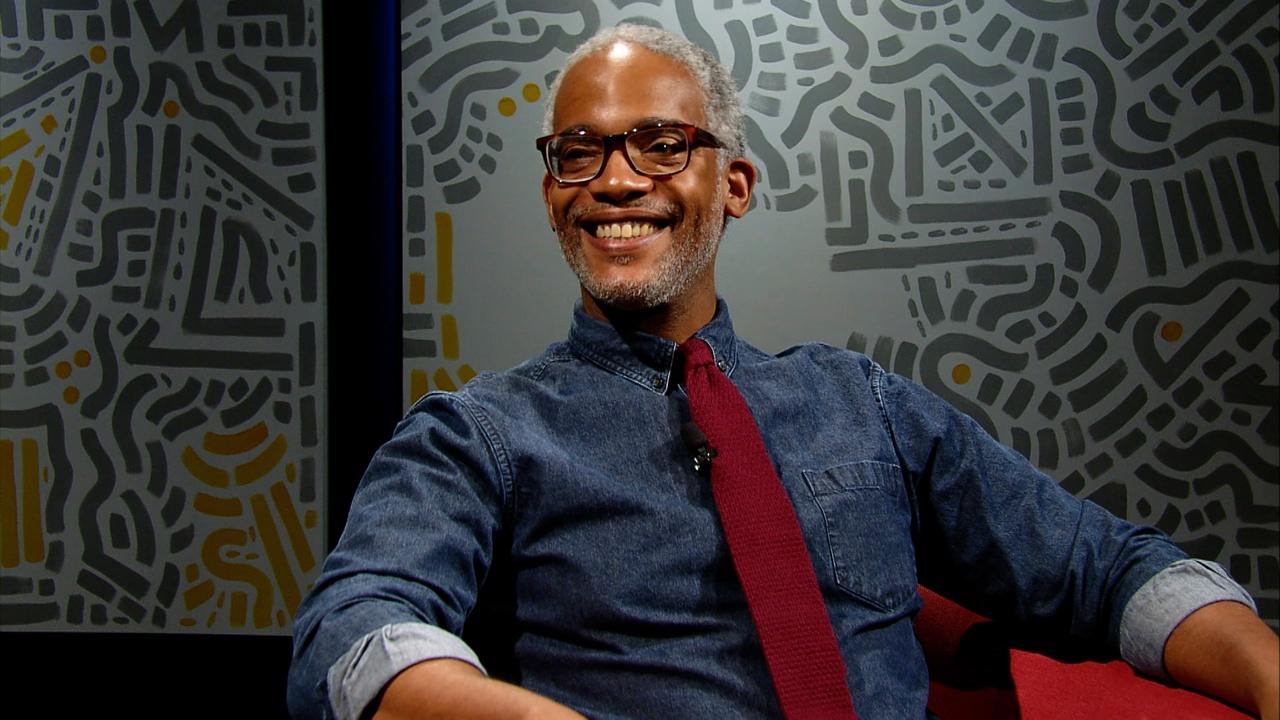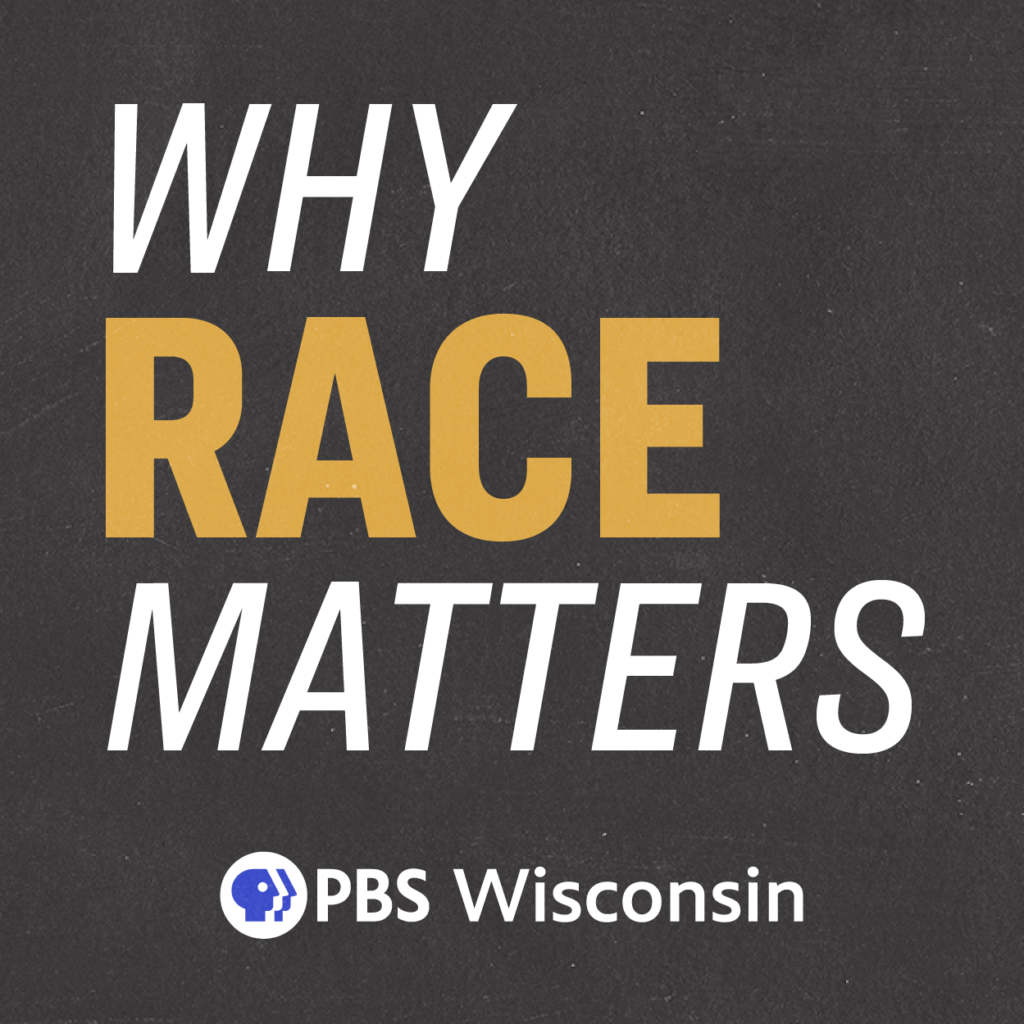Art & Black Joy: An Artistic Approach to Confronting Racism
"It's a celebration of self, a celebration of family, a celebration of overcoming struggles. And, you know, some people would say that just being Black and alive in America is a revolutionary act. That to be Black and alive, and full of joy is a revolutionary act."—Anwar Floyd-Pruitt
Related Clips:

Art & Black Joy
Artist Anwar Floyd-Pruitt talks art, identity and the importance of Black joy.

Art & Black Joy: Attacked on State Street
Anwar Floyd-Pruitt describes being attacked while painting a Black Lives Matter mural.

Art & Black Joy: A Revolutionary Act
“Just being Black and alive in America is a revolutionary act.”
 Passport
Passport








Follow Us